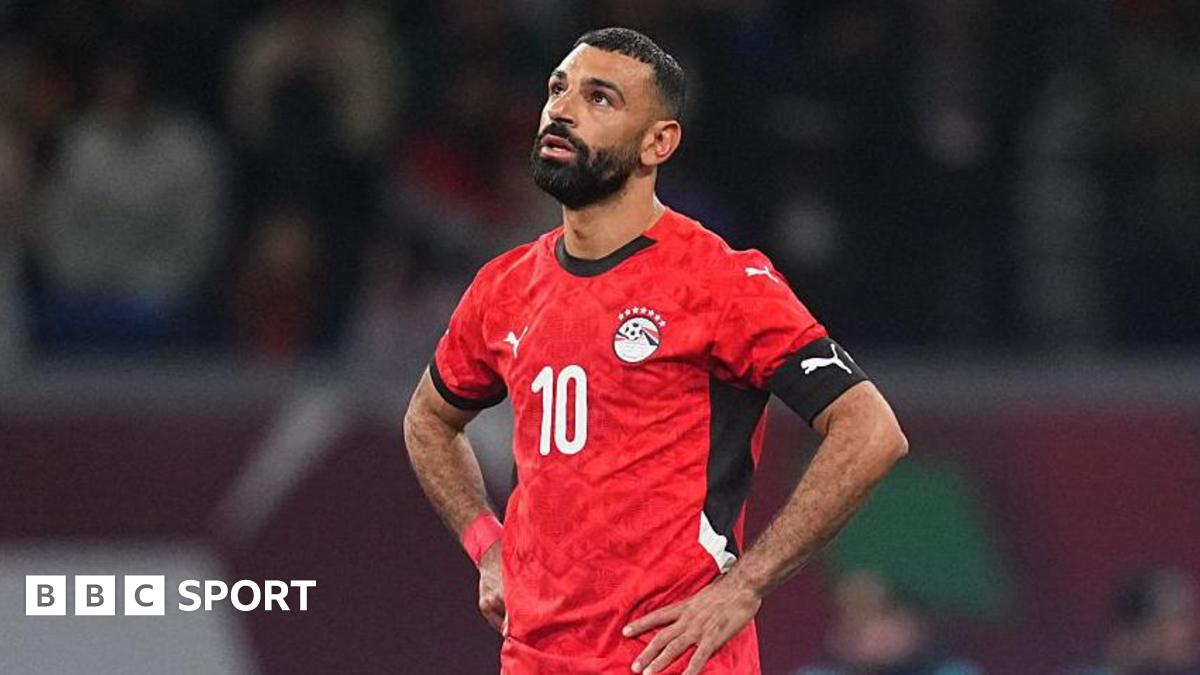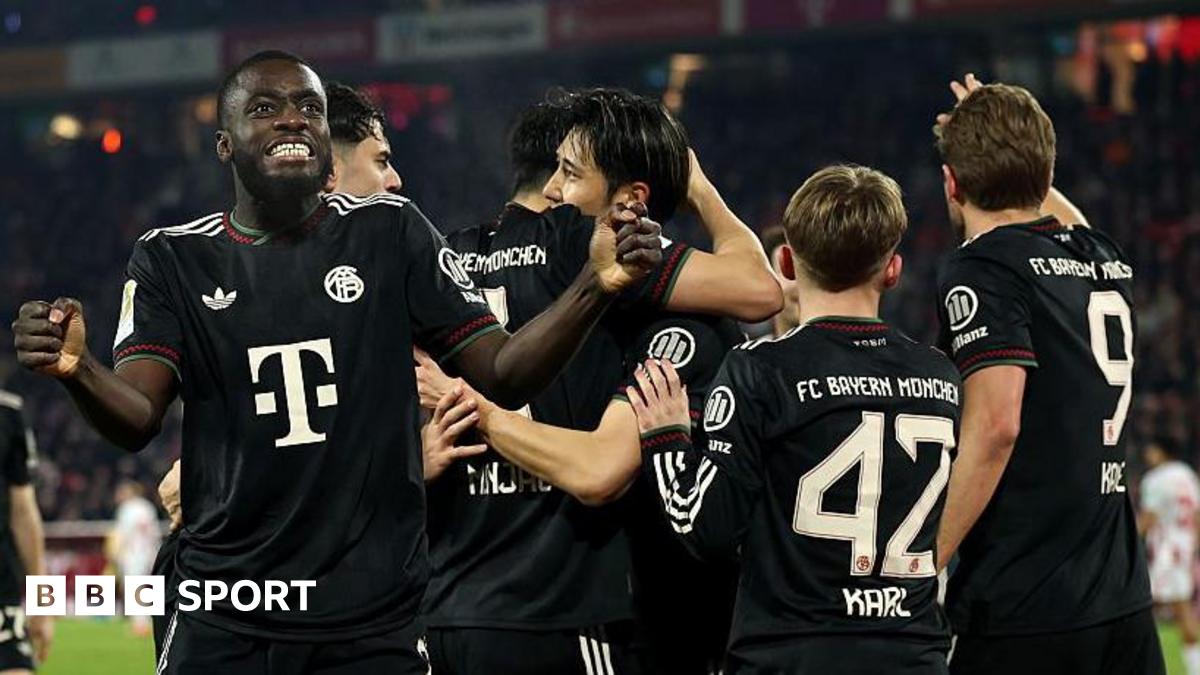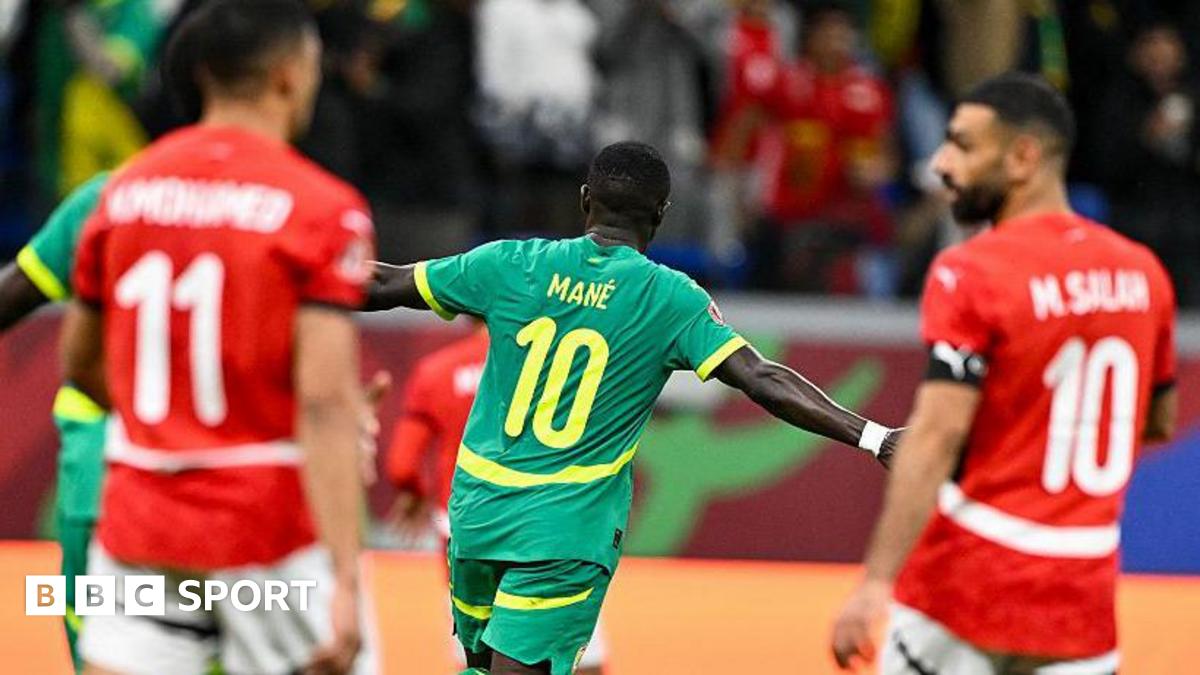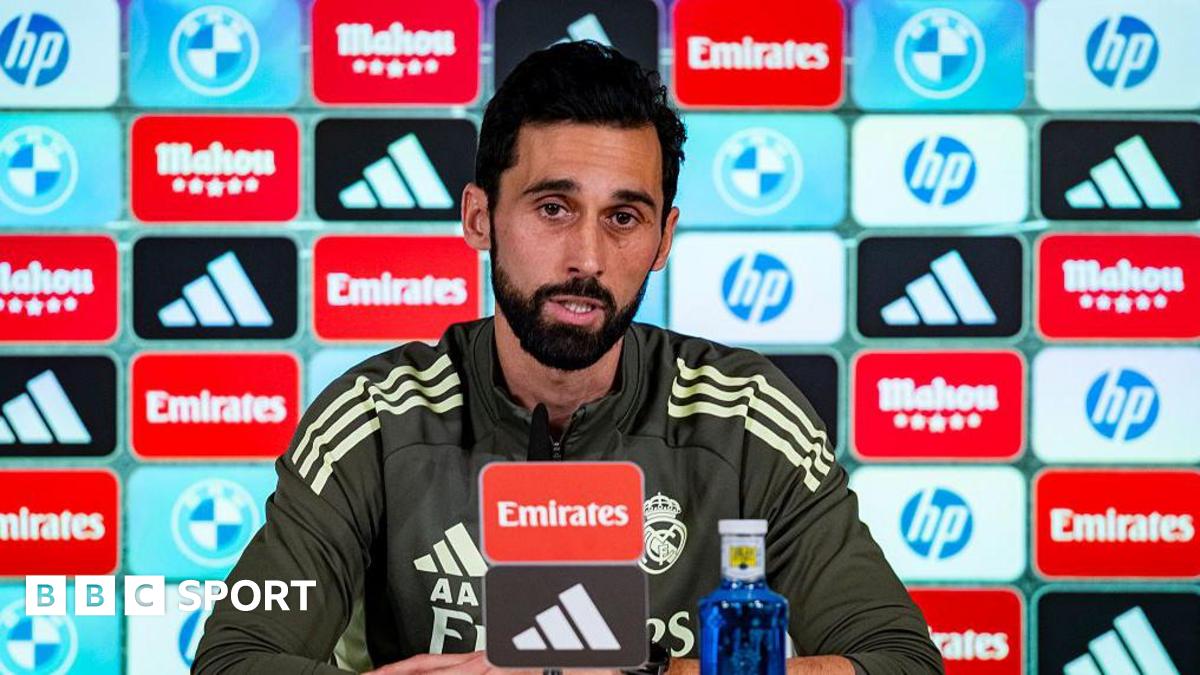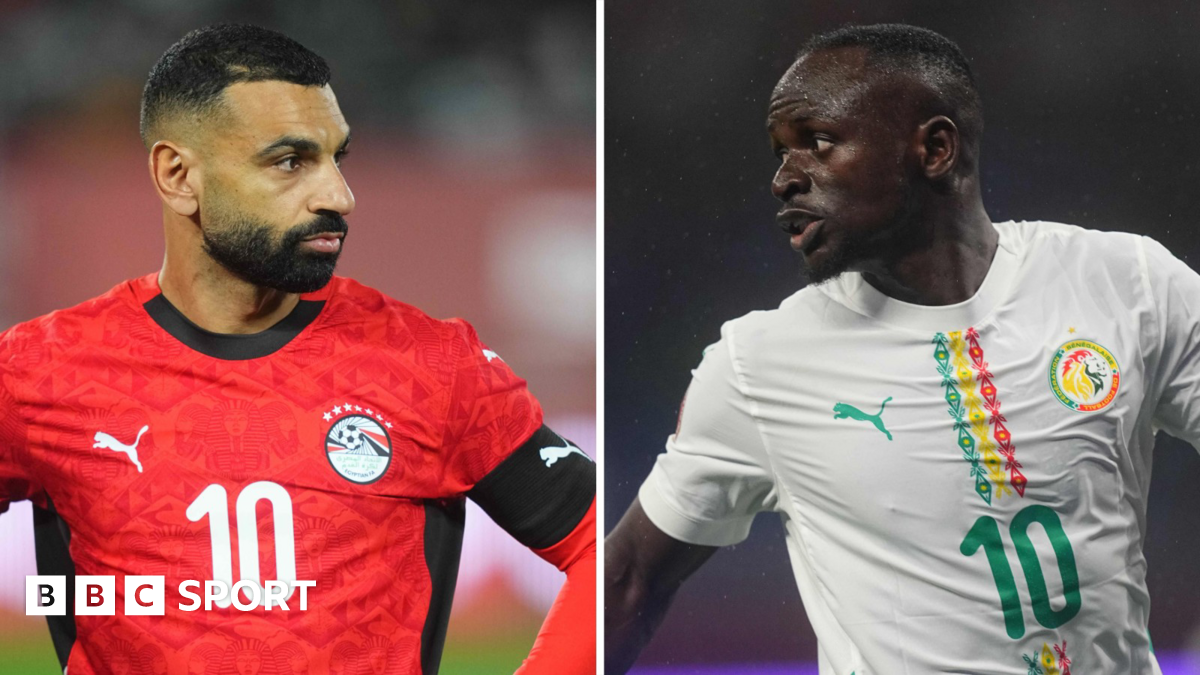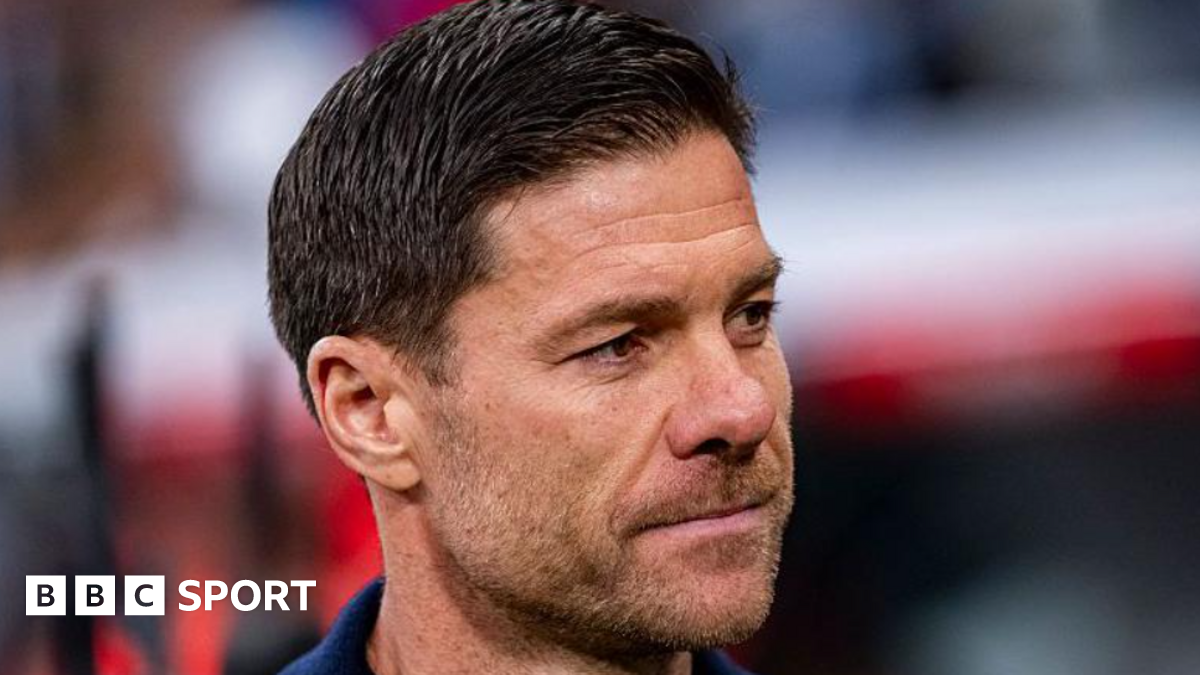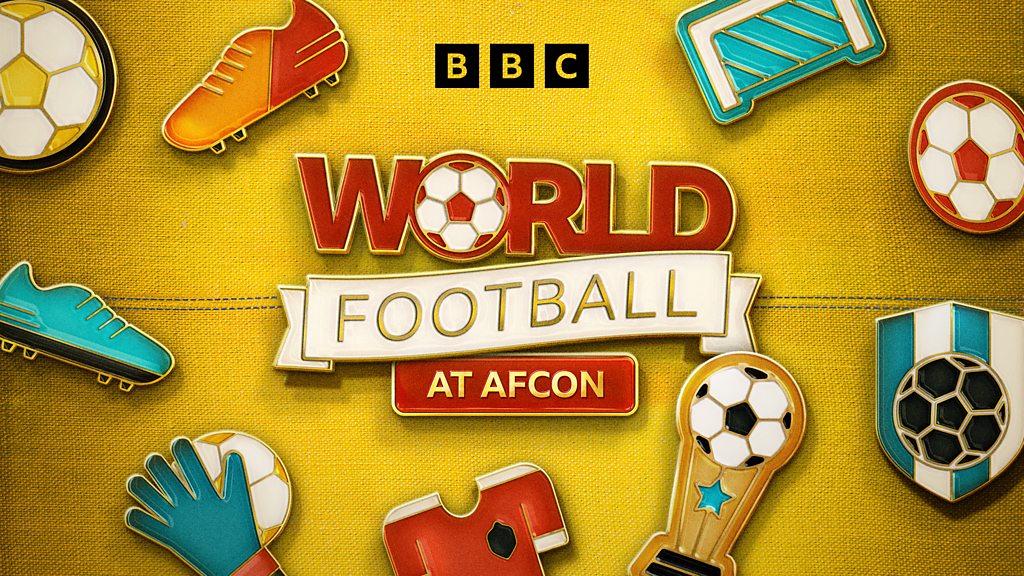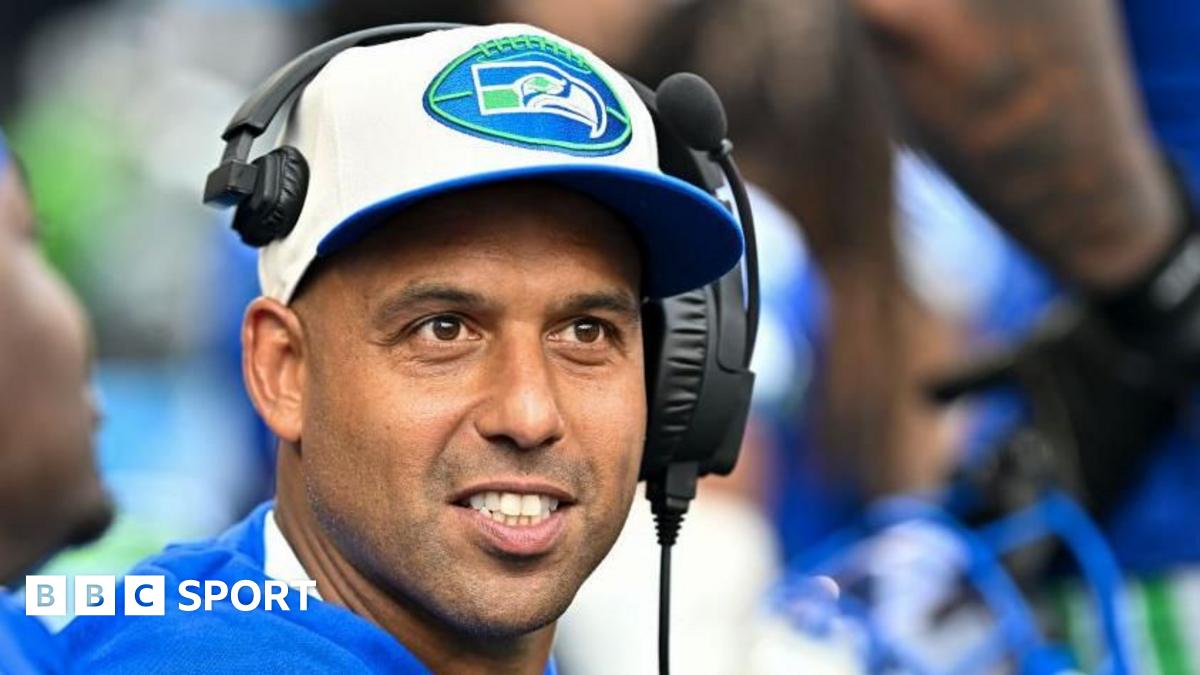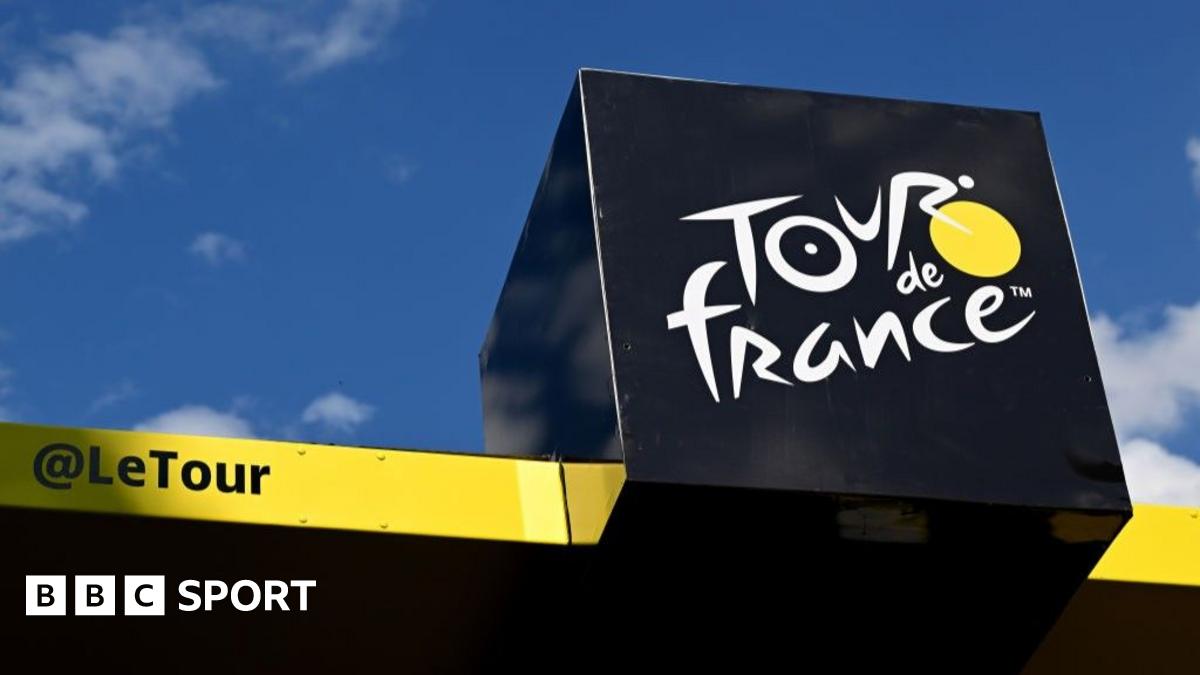The Uefa Euro 2020 line-up is finally complete.
Some eight months later than expected – because of the coronavirus pandemic – the final four places for next summer’s tournament have been decided.
Scotland have joined England and Wales in qualifying, thanks to a dramatic penalty shootout win against Serbia in their qualifying play-off final on Thursday.
The tournament, originally scheduled to take place from 12 June to 12 July this summer, will now run from 11 June to 11 July 2021.
It will consist of 24 teams and 51 matches in 12 host cities across Europe, although it remains unknown whether fans will be allowed at the tournament, because of ongoing global heath crisis.
Regardless, the tournament will be live across the BBC – on television, radio and online.
Who is in which group?
- Group A: Italy, Switzerland, Turkey, Wales
- Group B: Belgium, Russia, Denmark, Finland
- Group C: Ukraine, Netherlands, Austria, North Macedonia
- Group D: England, Croatia, Czech Republic, Scotland
- Group E: Spain, Poland, Sweden, Slovakia
- Group F: Germany, France, Portugal, Hungary
Where and when will Scotland play?

Steve Clarke’s Scotland have ended a 23-year wait for men’s major tournament football after beating Serbia in their play-off final in Belgrade.
That wait comes to an end against the Czech Republic in Glasgow on 14 June, with a trip to face England at Wembley following on 18 June and a final group game at Hampden Park against Croatia four days later.
- Monday 14 June: Scotland v Czech Republic (Hampden Park)
- Friday 18 June: England v Scotland (Wembley)
- Tuesday 22 June: Croatia v Scotland (Hampden Park)
If they win their group, their last-16 tie would be in Dublin against the runners-up in a hugely competitive-looking Group F – made up of Germany, France, Portugal and Hungary – with a potential quarter-final to follow in Rome.
Should they finish second, it would be a trip to Copenhagen against the runners-up from Group E, which features Spain, before a quarter-final in St Petersburg. There are other possibilities if they are one of the best third-place finishers.
Where and when will England play?
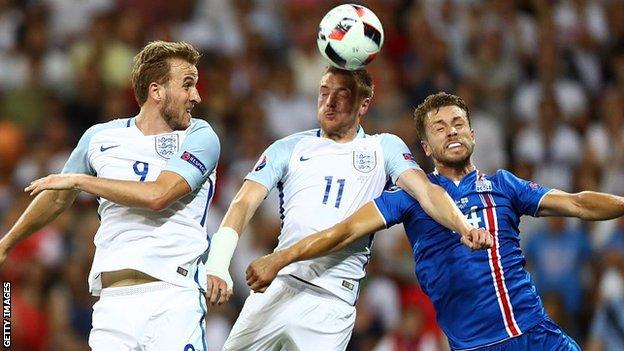
England will benefit from hosting all three of their group games at Wembley.
Their tournament begins against Croatia in a repeat of the 2018 World Cup semi-final, which was won by Zlatko Dalic’s side.
- Sunday 13 June: England v Croatia (Wembley)
- Friday 18 June: England v Scotland (Wembley)
- Tuesday 22 June: Czech Republic v England (Wembley)
England’s scenario is the same as Scotland’s above – winning the group would bring a last-16 tie in Dublin against the runners-up in Group F – one of Germany, France, Portugal and Hungary – with a potential quarter-final in Rome.
Finishing second would take England to Copenhagen against the runners-up from Group E – one of Spain, Poland, Sweden and Slovakia – before a quarter-final in St Petersburg. There are other possibilities if they are one of the best third-place finishers.
Where and when will Wales play?

Wales, semi-finalists in 2016, are in Group A alongside 1968 winners Italy, who won all 10 of their qualification matches and conceded just four goals.
They are joined by Switzerland, winners of their qualification group, and a Turkey side that earned a win and a draw against world champions France.
Italy will play their three group games at Rome’s Stadio Olimpico, with the other matches taking place at Baku’s Olympic Stadium, in Azerbaijan.
- Saturday 12 June: Wales v Switzerland (Baku)
- Wednesday 16 June: Turkey v Wales (Baku)
- Sunday 20 June: Italy v Wales (Rome)
The most difficult group ever?
World champions France, European champions Portugal and the previous World Cup winners Germany are all together with play-off winners Hungary in Group F.
This is only the second major tournament where the world champions and the European champions will have met in the group stage – after Euro 1992, when the Netherlands beat Germany.
Germany, who won the 2014 World Cup, will host their three group games in Munich, with the other matches in Budapest.
“This is a group of death,” said Germany boss Joachim Low.
Host cities/stadiums
1. Glasgow (Hampden Park, capacity 51,000). Three group games, one last-16 game.
2. Dublin (Dublin Arena, 51,000). Three group games, one last-16 game.
3. London (Wembley, 90,000). Final and both semi-finals, one last-16 game, three group games.
4. Bilbao (San Mames, 53,000). Three group games, one last-16 game.
5. Amsterdam (Johan Cruyff Arena, 54,000). Three group games, one last-16 game.
6. Copenhagen (Parken Stadium, 38,000). Three group games, one last-16 game.
7. Munich (Football Arena Munich, 70,000). Three group games, one quarter-final.
8. Rome (Stadio Olimpico, 68,000). Three group games, one quarter-final.
9. Budapest (Puskas Arena, 68,000). Three group games, one last-16 game.
10. St Petersburg (Krestovsky Stadium, 61,000). Three group games, one quarter-final.
11. Bucharest (Arena Nationala, 54,000). Three group games, one last-16 game.
12. Baku (Olympic Stadium, 69,000). Three group games, one quarter-final.




